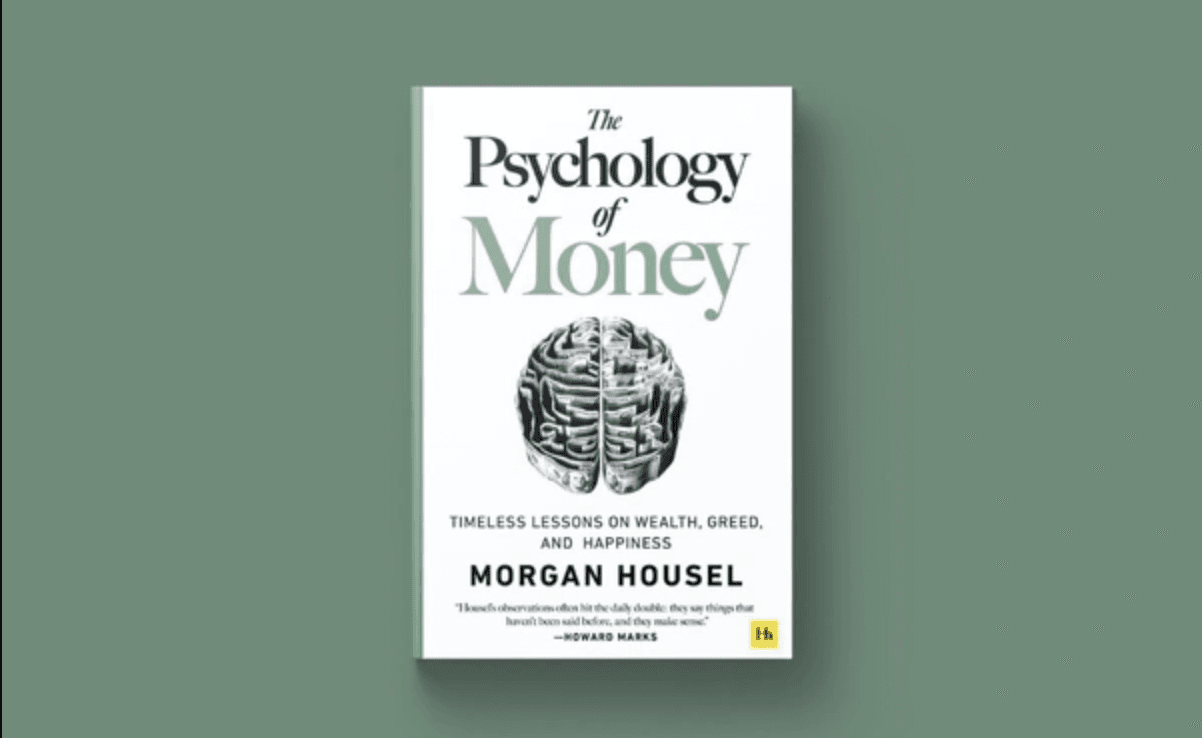"The Psychology of Money" - Lessons That Changed How I View Investing

When Being "Reasonable" Matters More Than Being "Optimal"
Looking back at my $1000 forex loss at age 20, I realized one thing: I was trying to be too perfect in an imperfect world. Back then, I believed that just reading price action correctly according to Al Brooks and finding the perfect entry point would lead to success. But reality wasn't like that.
Housel in "The Psychology of Money" taught me something that school never teaches: investment decisions don't need to be absolutely accurate, but they need to be reasonable given your circumstances and psychology. When I came from Pleiku to Saigon with little money, going all-in on forex hoping to get rich quick wasn't an optimal strategy but just recklessness.
Now, in Crypto Central Vietnam, I see many fellow traders making the same mistake. They search for the "perfect" strategy to catch bottoms and tops, forgetting that a strategy suitable for their psychology and wallet is what matters most.
The Magic of Compound Interest That Warren Buffett Didn't Tell All
Bob Volman once taught me that patience is everything in trading. But Housel goes further - he points out that Warren Buffett succeeded not because he predicted well, but because he let money work for many decades.
From business trips to Singapore and Thailand, I witnessed how family offices build wealth. They don't chase quick gains, they build sustainable growth. Luna, my ragdoll cat, has a similar approach - she's never in a hurry, always patiently waiting for the right opportunity.
In crypto markets, fellow traders often focus on coins that pump 10x, 100x. But in reality, those who consistently dollar-cost-averaged Bitcoin over the years had better performance than those constantly surfing altcoins.
Margin of Safety - Lessons from Near "Wipeouts"
Experience studying G10 currency manipulation taught me one thing: markets always have surprises that no one can predict. In 2015, the Swiss National Bank removed the EUR/CHF cap, many traders lost everything in just minutes. It wasn't because they lacked skill, but because they had no margin of safety.
Housel emphasizes always preparing for worst-case scenarios. This isn't pessimism but realism. In my crypto portfolio, I always keep some cash to survive through bear markets or buy more when opportunities appear.
Many fellow traders in the community often use high leverage, go all-in on one coin, believing bull runs will last forever. But market cycles always have ups and downs. Margin of safety isn't to make you rich quick, but to ensure you can keep playing when markets crash.
Psychology - The Trader's Greatest Enemy
Just one step to unlock the rest of this article
Sign in to read the full article and access exclusive content
✨ Completely free • No credit card required

